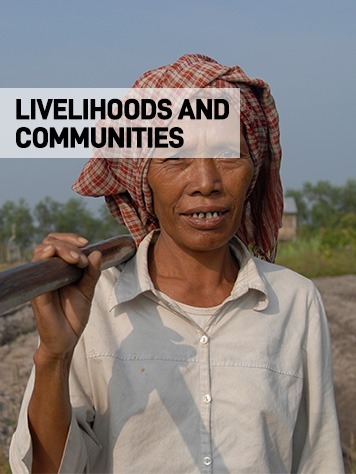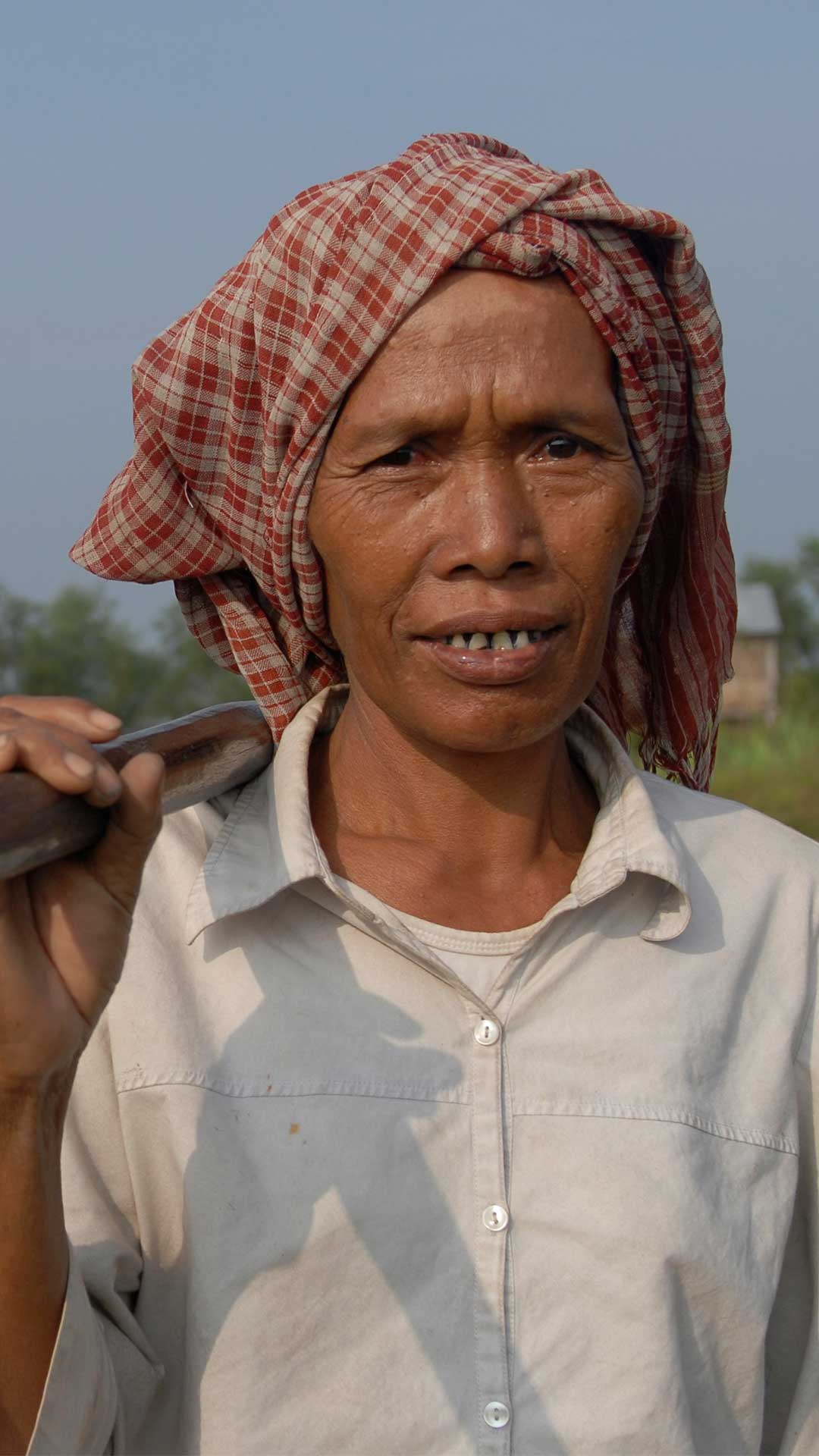THE PROBLEM
Clearing the rainforest results in poor sandy soils and low crop yields. The violent swings in tropical weather patterns is one the major challenges that these poor farmers face. In the hot season, temperatures rise too high for many varieties of crops to survive, and then, when the monsoon season arrives, rains are so strong that most of the seeds and soil are washed away, leaving only meagre harvests.
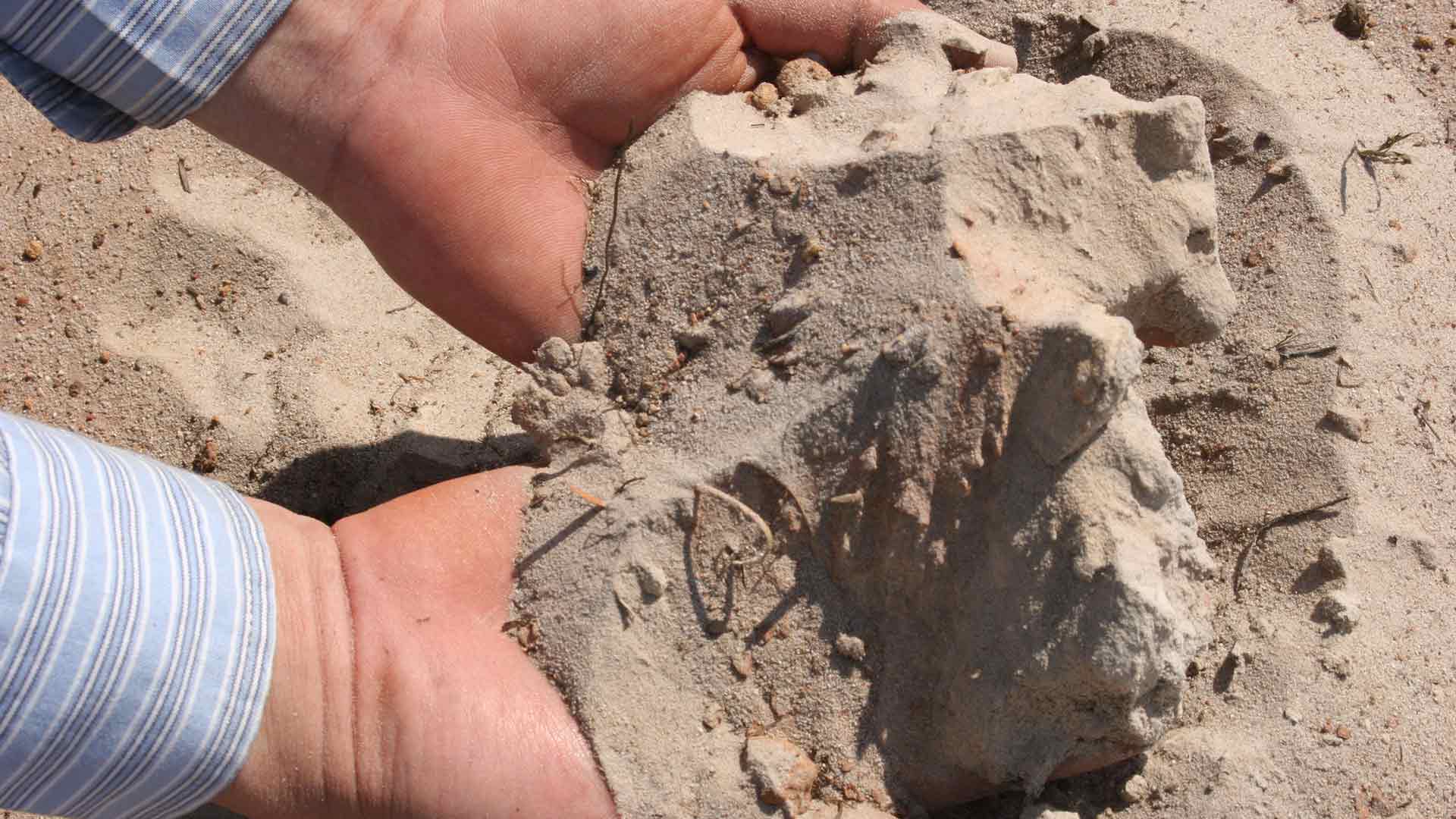
THE PROBLEM
Clearing the rainforest results in poor sandy soils and low crop yields. The violent swings in tropical weather patterns is one the major challenges that these poor farmers face.

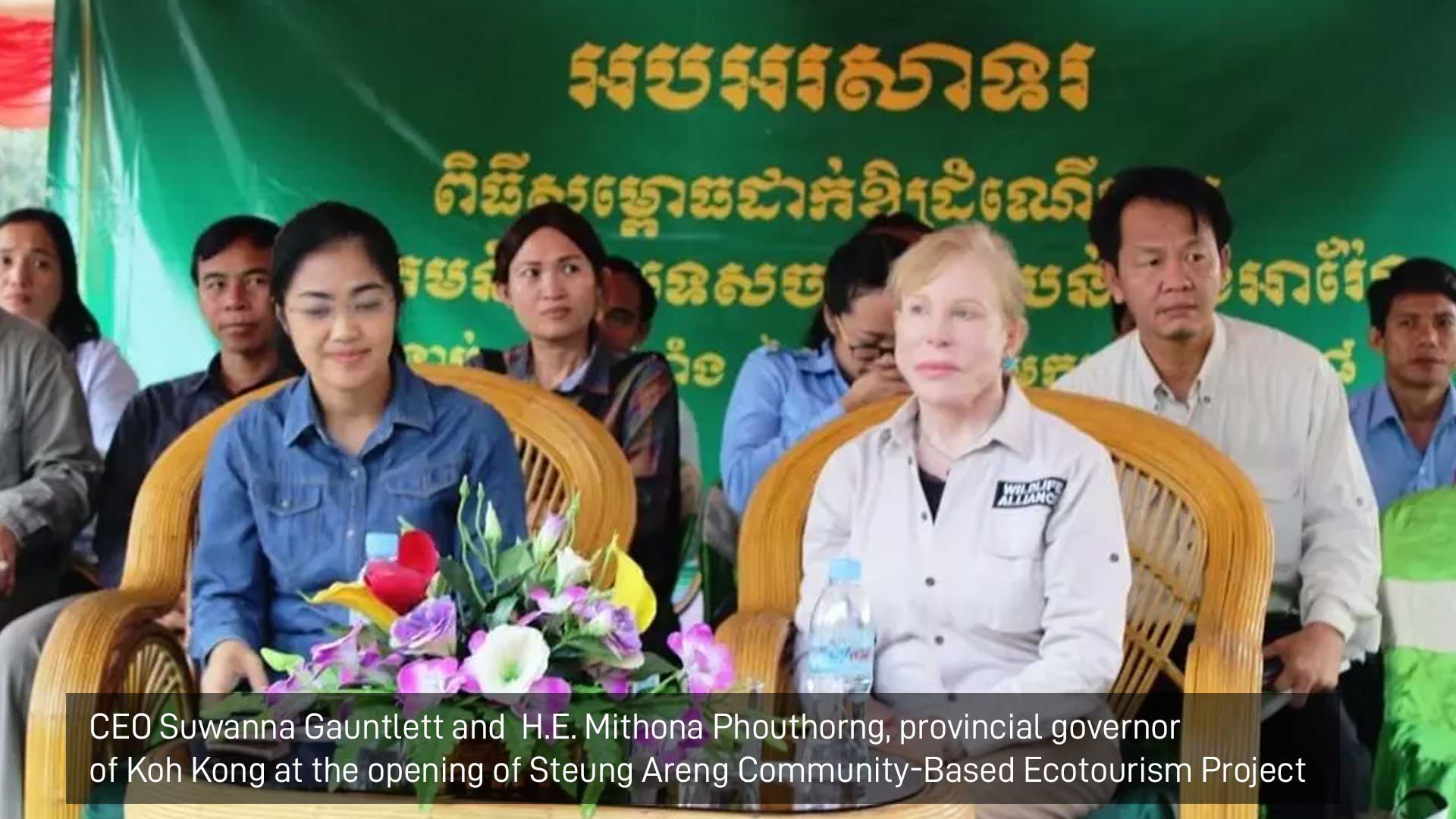
WILDLIFE ALLIANCE APPROACH
Wildlife Alliance has developed sustainable income generating models for poor farmers living in the tropics. Our farming approach takes into account the extreme swings of tropical weather and has developed adaptation methods so that farmers can bring produce to markets every two weeks, instead of just one harvest a year, as before.

WILDLIFE ALLIANCE APPROACH
Wildlife Alliance has developed sustainable income generating models for poor farmers living in the tropics. Our farming approach takes into account the extreme swings of tropical weather and has developed adaptation methods so that farmers can bring produce to markets every two weeks, instead of just one harvest a year, as before.
WOMAN EMPOWERMENT
Women occupy 67 percent of decision-making positions within the various business associations, agriculture associations, and community funds.
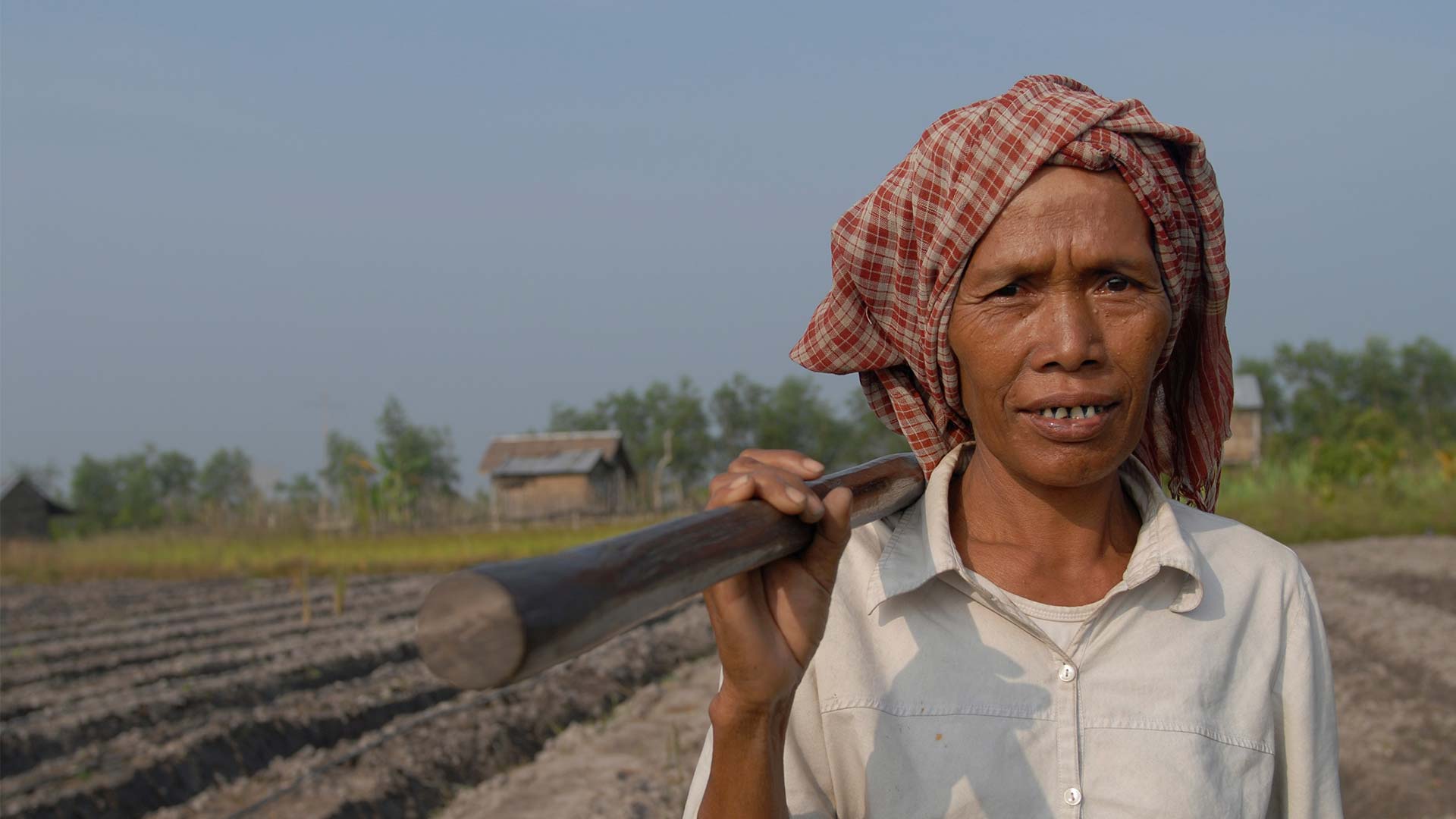
WOMAN EMPOWERMENT
Women occupy 67 percent of decision-making positions within the various business associations, agriculture associations, and community funds.

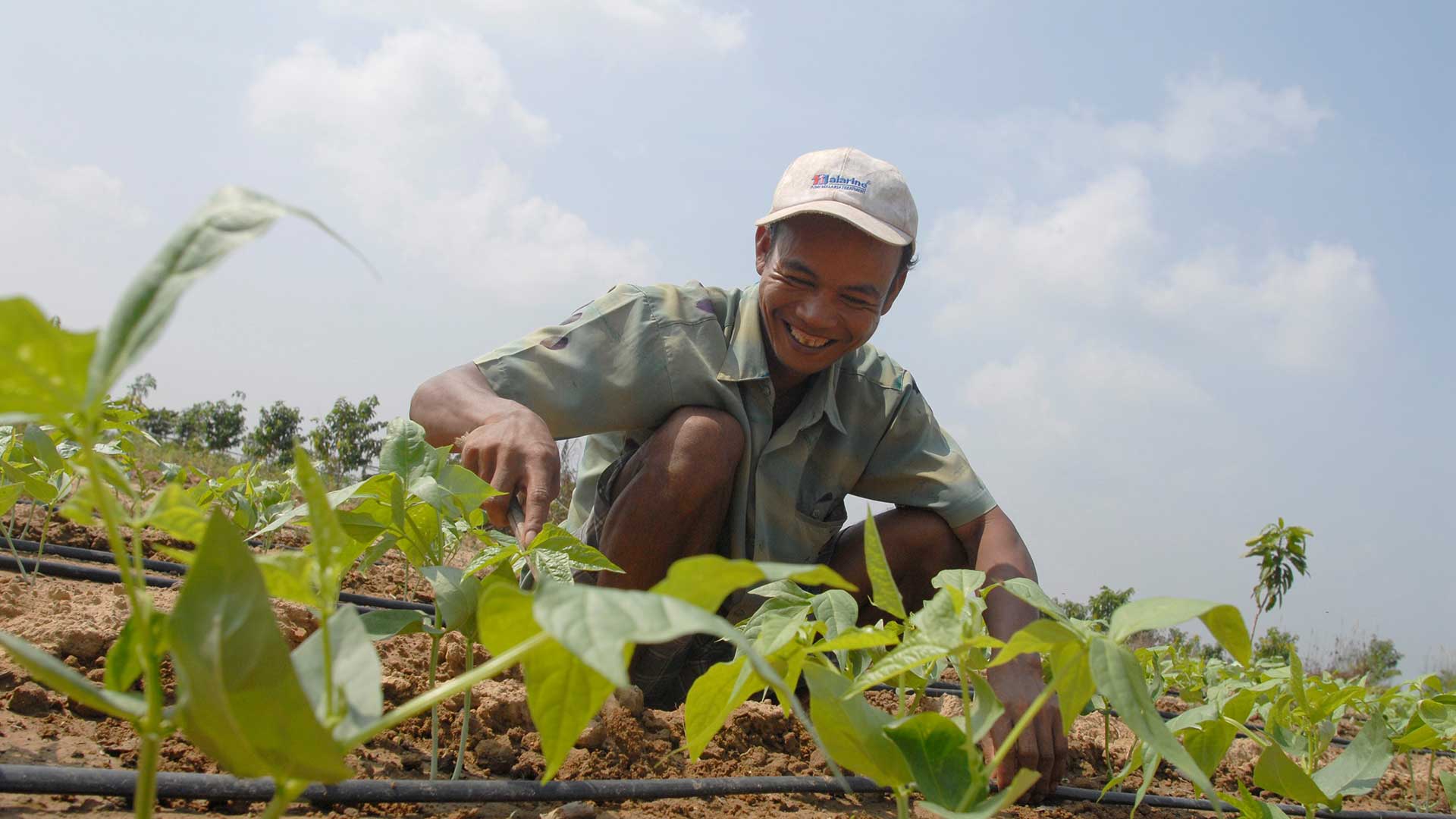
START-UP FUNDS
We provide start-up funds for development of needed infrastructure (community visitor center, upgrading of family homes to create home stays and guesthouses, initial purchases of mountain bikes and kayaks).

START-UP FUNDS
We provide start-up funds for development of needed infrastructure (community visitor center, upgrading of family homes to create home stays and guesthouses, initial purchases of mountain bikes and kayaks).

